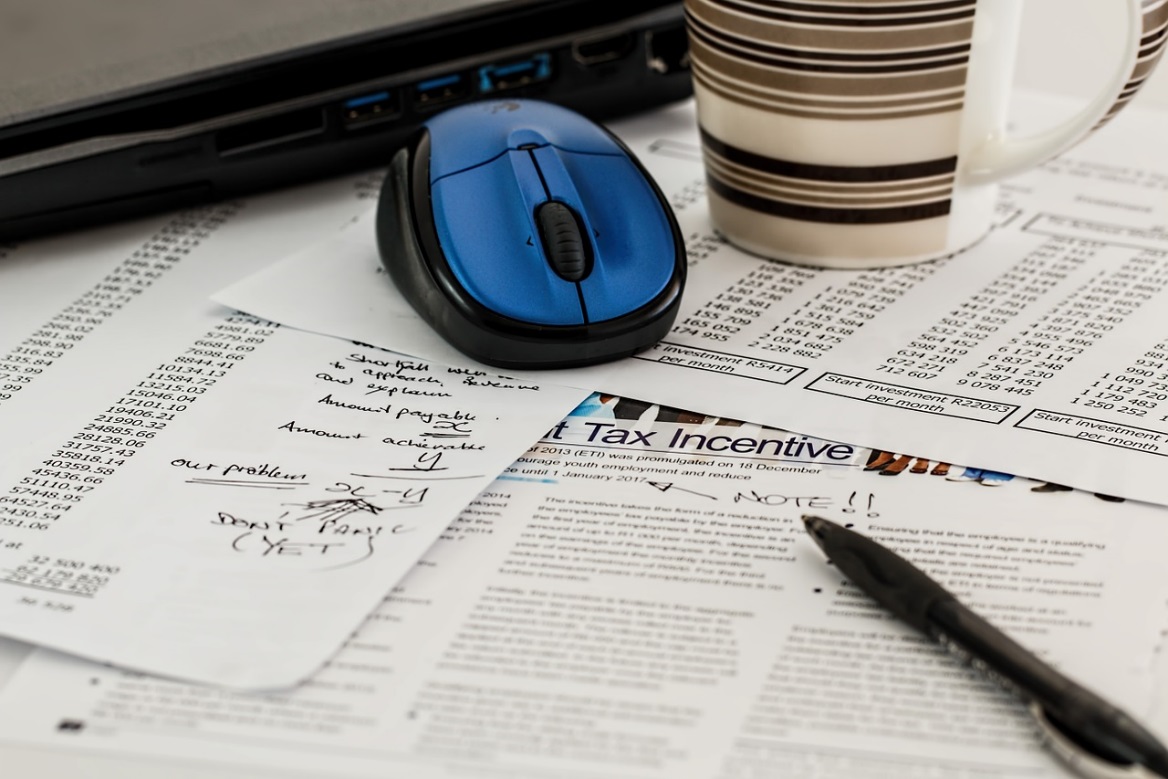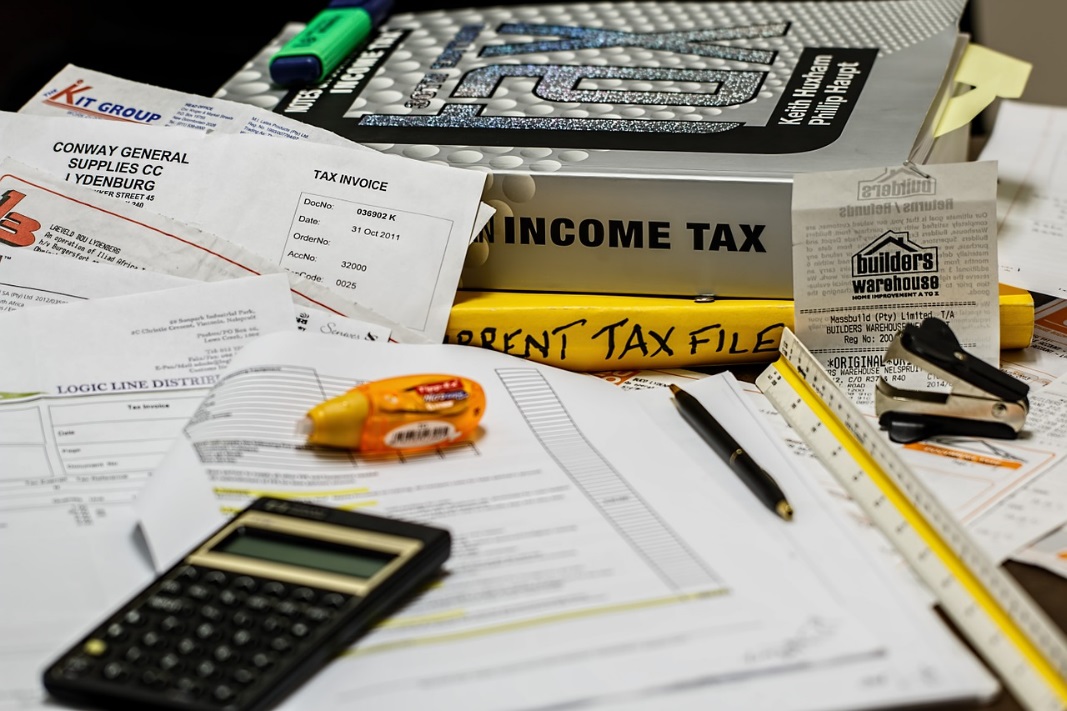March 11th, 2015.
The End of the Financial Year: Getting Your Accounts in Order

The end of the financial year is approaching fast, which means it’s time to get your business’ accounts in order.
At Pure Commercial Finance, we know the key to a stress-free end of year is planning, preparation and timing; knowing your deadlines and organising yourself accordingly.
To help you do this, we’ve come up with some invaluable tips to help your business sail through this time of year.
Set Deadlines
Apart from the obvious external filing and payment deadlines, set deadlines within your business to ensure that time can be allocated appropriately across the board. One of the more useful deadlines to set includes filing employee expenses, and this should be done as a matter of urgency.
Making sure that your employees are claiming appropriate expenses will reduce your profit, which in turn reduces your Corporation Tax payments.
Your company should have appropriate expense forms and policies, and ideally these should be filed at the end of every month. If they’re not, be sure to set a realistic deadline for collecting and reimbursing these claims before the end of the tax year.
This should give you time to remedy any issues that arise, so that you won’t be left paying significant penalties for late filing.

Use a Countdown System
Mark Palmer, Director of Green & Black’s Chocolate, suggests using a year-end countdown to ensure you’re making the best use of your time.
Try setting it 12 weeks before, he says, to focus your business on doing everything it can to prepare, from tightening expenditure, reducing debtor days, and clinching every last order.
Get Advice
When you go into business it’s usually because you’ve got a great product or idea, not because you have a desire to pour over finance legislation.
According to a recent survey by Clyesdale and Yorkshire banks, 1 in 5 small businesses have missed out on tax breaks and grants whilst 1 in 10 have missed tax filing and payment deadlines. For small businesses, every penny really does count, so the cost of overpayment can make the difference between success and failure.
Getting advice from a financial advisor will make your business as tax-efficient as possible. They can guide you on a number of things, from employee benefits to restructuring you finances to bring about tax benefits.
If you’re concerned about the expense it’s important to remember that the value of the advice you receive will often outweigh the cost involved.
Be Organised
This may sound like a catch-all tip, but it really does help your accountants if you’ve consistently kept quality recordsand ledgers throughout the year, especially as it’s a legal requirement to maintain proper records.
Accounting software can help to some extent, but if you’re not comfortable maintaining ledgers and creating financial reports, don’t do it. It is far better to pay for a bookkeeper and accountant now than make an error and have to pay later on. There are numerous administrative slip-ups that can render you liable for fines and late payments, so don’t take the chance.
Not only will it save you fees, but it will also put you in good stead for the next financial year.
Pure Commercial Finance
If, at the end of the financial year, you find everything a struggle, then it’s the perfect time to reflect on your financial processes and adapt them.
If you find that you’ve spent unnecessary time and energy on chasing unpaid invoices, for example, then Pure Commercial Finance can help.
When your business needs cash flow quickly, invoice factoring and discounting can be an excellent way of doing this. To speak with an expert today, call us on 02920 766 565.






